Learn about the life of Marco Polo in this very short introduction from Do You Know Podcast — a podcast from English Plus Podcast Network.


Learn about the life of Marco Polo in this very short introduction from Do You Know Podcast — a podcast from English Plus Podcast Network.

Learn about the Ice Age, what happens during an ice age and how long it lasts in this very short introduction from Do You Know Podcast, a podcast from English Plus Podcast Network.
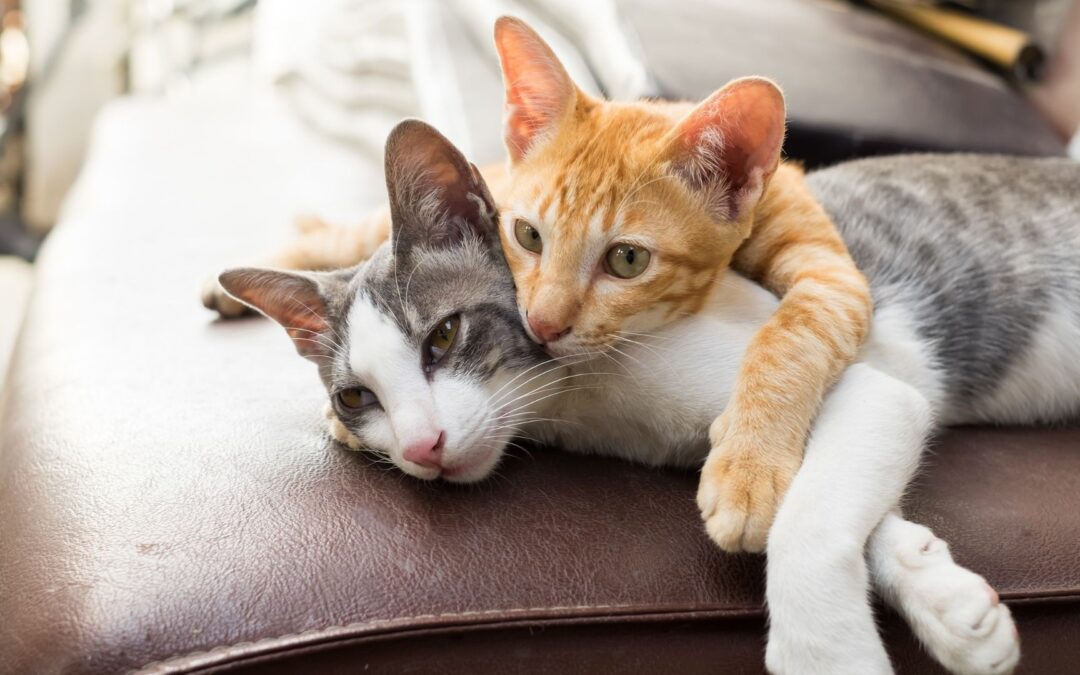
Learn some interesting facts about cats in this very short introduction from Do You Know Podcast, a podcast from English Plus Podcast Network.
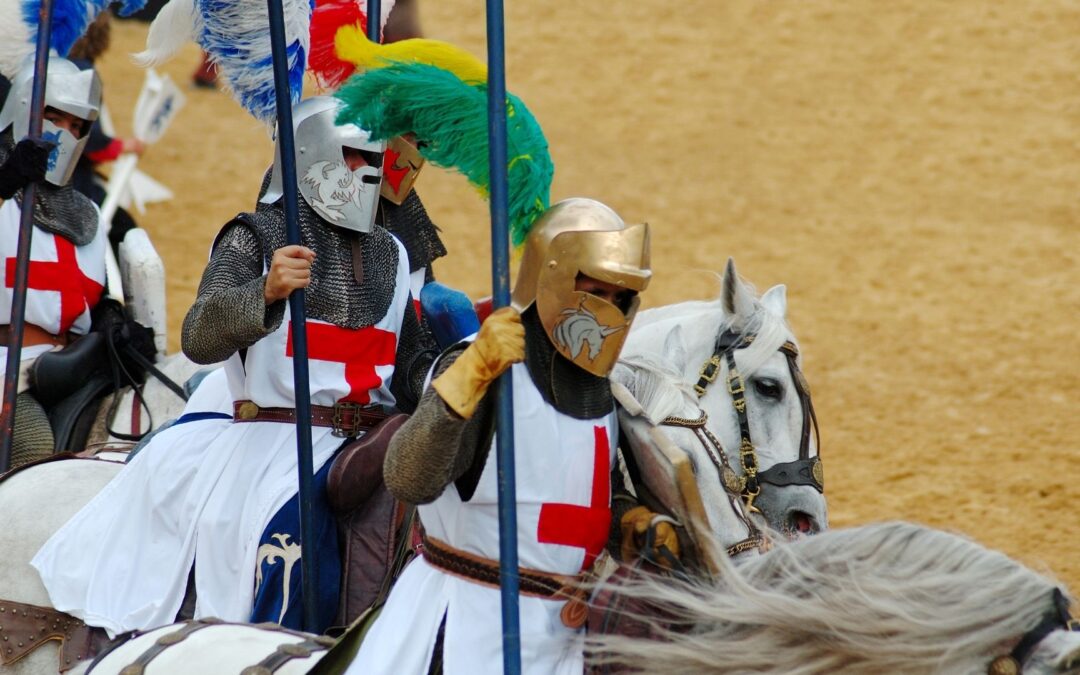
Learn about the Crusades, how they started and how they eventually failed in this very short introduction from Do You Know Podcast, a podcast from English Plus Podcast Network.

What would our world be like without oil? We wouldn’t have gasoline-powered cars. We wouldn’t have airplane fuel or oil to heat our homes. Many paints, fertilizers, and kinds of cloth are made partly from oil. So are many plastics, chemicals, building materials, and even medicines.

Alexander Hamilton set the newly created United States on solid financial footing, after the American Revolution (1775-1783) left it broke. He also pushed for a strong national government for the United States, when others favored giving strong powers to the states. Hamilton expressed his views in famous political writings known as The Federalist papers.

Do you find it easy to forgive people? What is forgiveness and why is it so hard? What do religions say about forgiveness? In this new Discussions episode from English Plus Podcast, we will discuss all these questions and more.
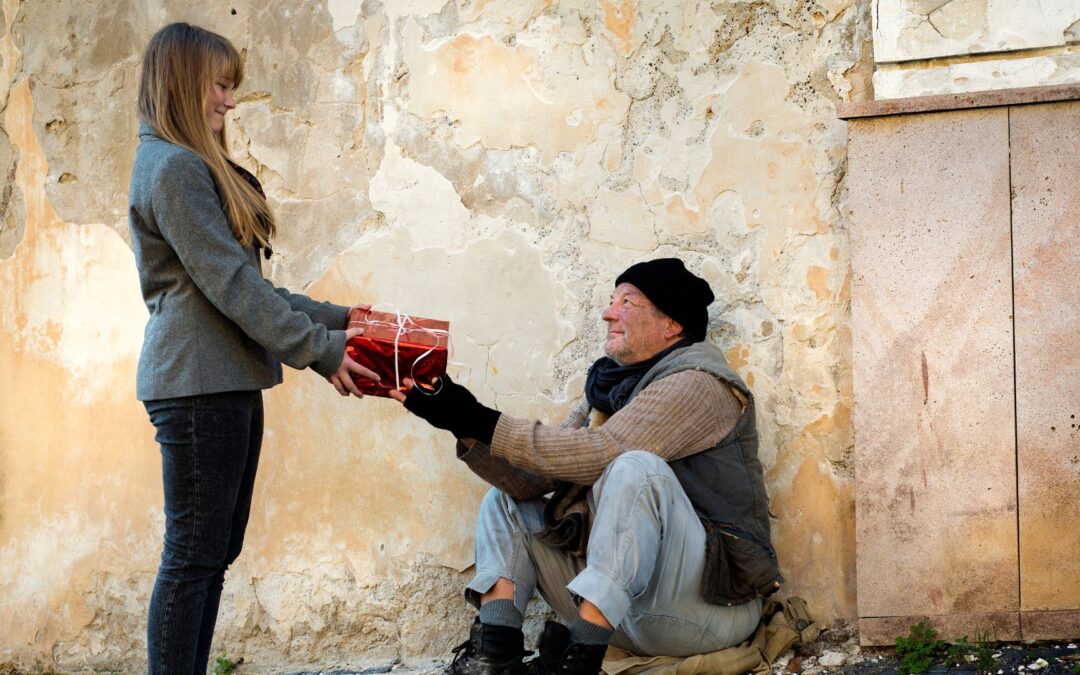
Learn about kindness and how to talk about different aspects of kindness in this new Discussion episode from English Plus Podcast. We will discuss kindness between neighbors, altruism, Mother Theresa, and the Red Cross.

Hundreds of years ago, a towering temple stood at the center of what is now Mexico City. This Great Temple was a symbol of the power of the Aztec Empire—an empire that stretched across much of Mexico.

Would you put on your bathing suit and jump into icy water? Would you slide down a snowy hill on your bare stomach? Imagine how cold that would feel! You would freeze. Penguins, however, do this all the time. Penguins swim in cold water. They slide on their bellies over ice and snow.
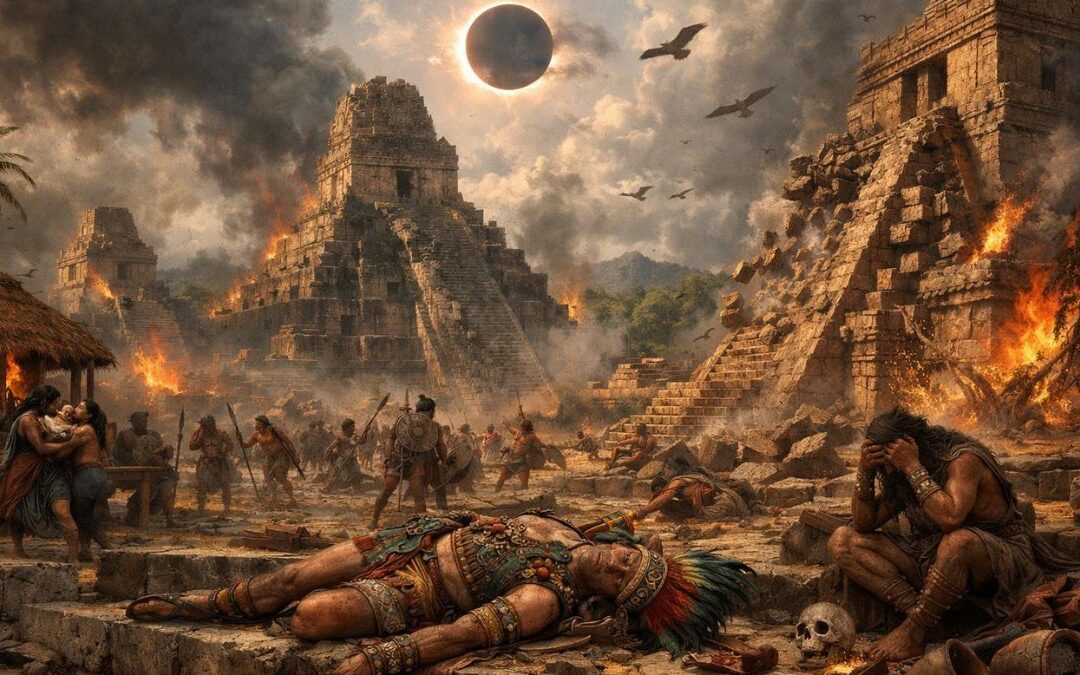
Uncover the mystery of the Maya Collapse. Was it drought, war, or political failure? We explore the theories, the vocabulary of ruin, and the lessons for today.
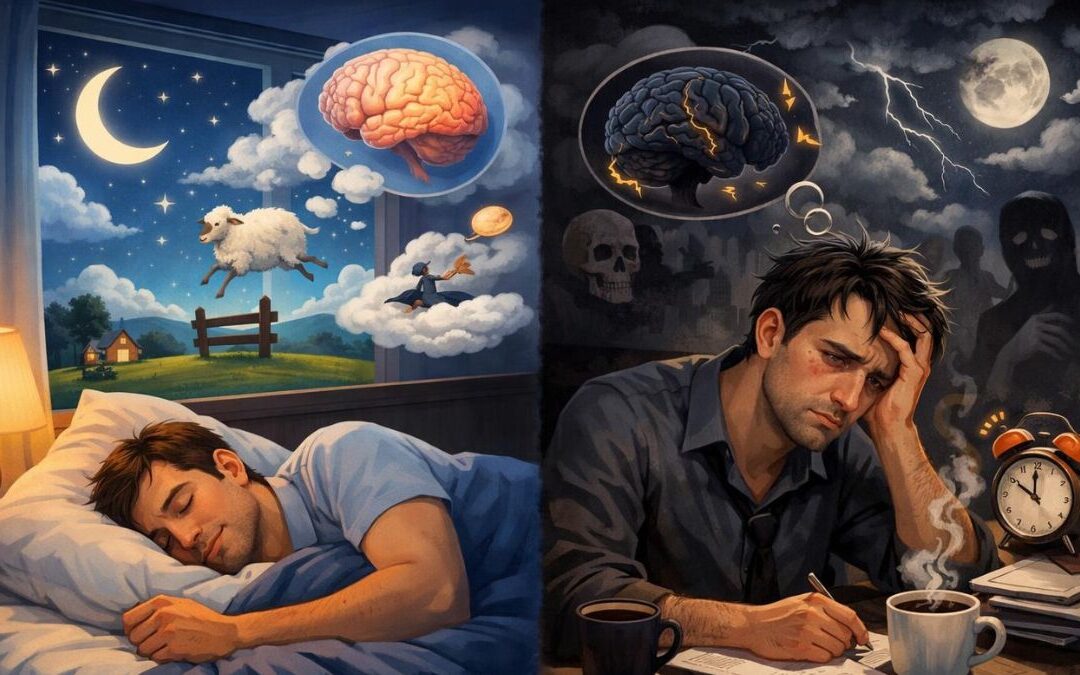
Unlock the secrets of your sleeping brain. From the glymphatic system to memory consolidation, discover why sleep is the ultimate performance enhancer and what happens when you miss out.
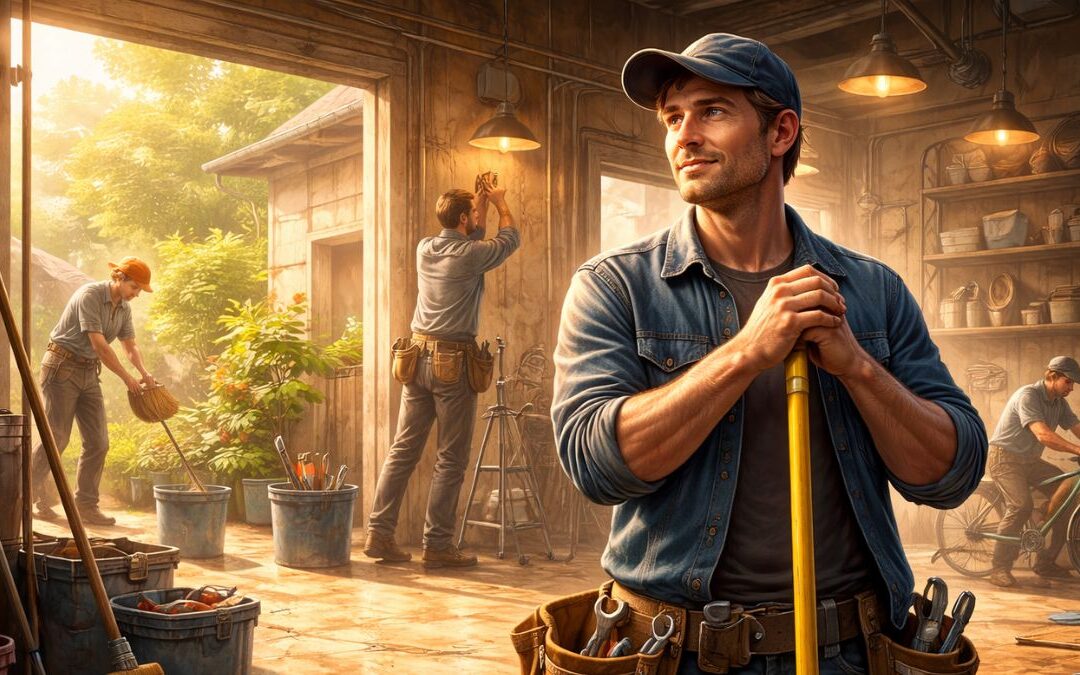
Forget the “fresh start.” Discover Mierle Laderman Ukeles and the radical power of “Maintenance Art.” We explore why keeping things going is the most essential work of all.
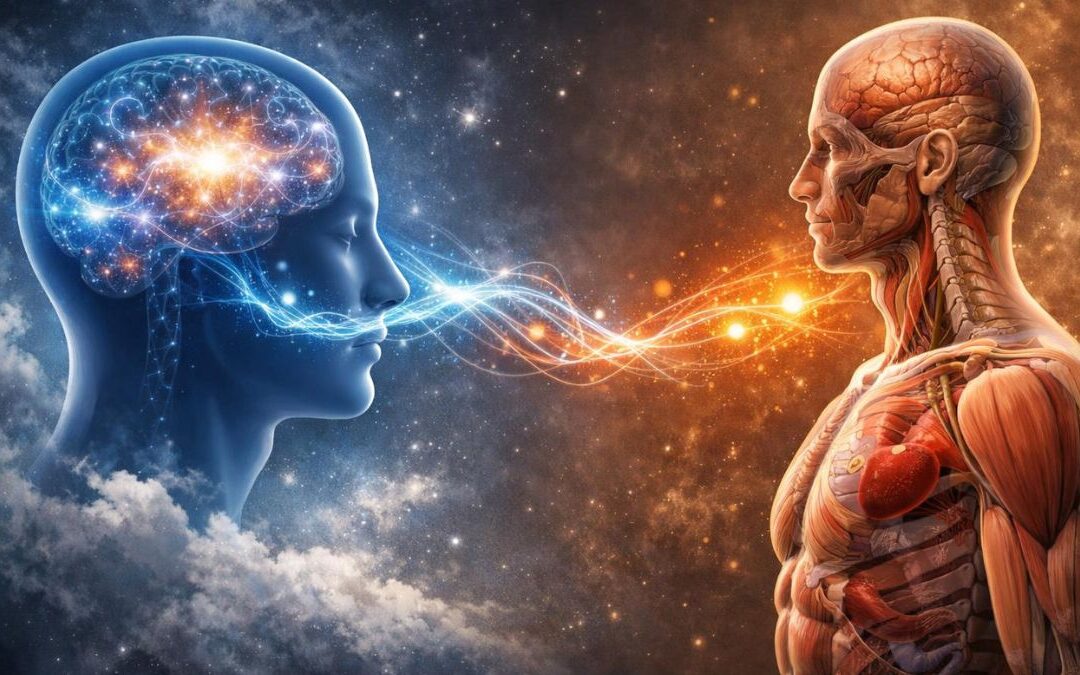
Explore the Philosophy of Mind-Body Dualism. From Descartes’ Ghost in the Machine to the Hard Problem of Consciousness, we break down how mental and physical states connect.